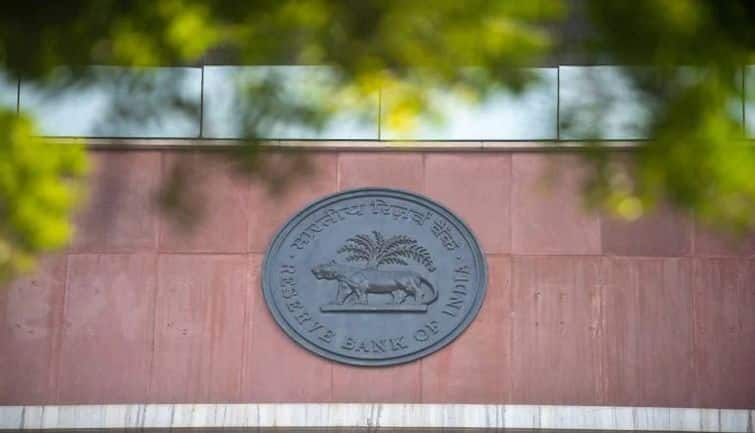The Reserve Bank of India (RBI) has recently taken significant action against four Non-Banking Financial Companies (NBFCs) by prohibiting them from approving or distributing new loans. This decision has raised concerns in the financial sector, as it includes the company Navi Finserv, co-founded by Flipkart’s Sachin Bansal, along with Ashirvad Micro Finance Limited, Arohan Financial Services Limited, and DMI Finance. In this article, we will delve deeper into the implications of this move and what it means for the NBFC landscape in India.
Understanding RBI’s Intervention
The RBI’s intervention comes as part of its regulatory oversight to ensure that financial institutions adhere to established guidelines and maintain financial stability. This strict action against the selected NBFCs indicates a stringent approach towards maintaining the integrity of the financial system in India.
Reasons Behind RBI’s Action
- Regulatory Compliance: The RBI’s decision could stem from these companies’ inability to comply with certain regulations related to loan disbursements.
- Risk Management: By halting new loan approvals, the RBI aims to mitigate potential risks that could arise from irresponsible lending practices.
- Consumer Protection: Ensuring that consumers are not subjected to predatory lending practices is a priority for the RBI, prompting this regulatory action.
Impact on the NBFC Sector
The RBI’s stringent measures can have far-reaching consequences for the NBFC sector, particularly in terms of operational protocols and consumer trust. With major players like Navi Finserv being affected, other NBFCs may also face increased scrutiny moving forward.
Implications for Consumers
For consumers relying on these NBFCs for loans, this development could mean limited options for financial products. It is essential for consumers to stay informed about the status of their loans and consider alternative lenders during this regulatory phase.
Future of NBFCs in India
The RBI’s recent actions set a precedent for stricter norms within the NBFC sector. Companies that fail to meet compliance standards may face similar restrictions in the future, thus reshaping the landscape of non-banking financial services in India. Companies would need to enhance their operational frameworks, ensuring they align with the guidelines established by the RBI.
Conclusion
The recent move by the Reserve Bank of India to halt new loan approvals for four NBFCs, including Navi Finserv, is a clear indicator of the regulatory body’s commitment to maintaining financial stability and protecting consumer interests. As the NBFC sector navigates these changes, it is crucial for companies to adopt best practices and prioritize compliance to avoid further regulatory interventions.
